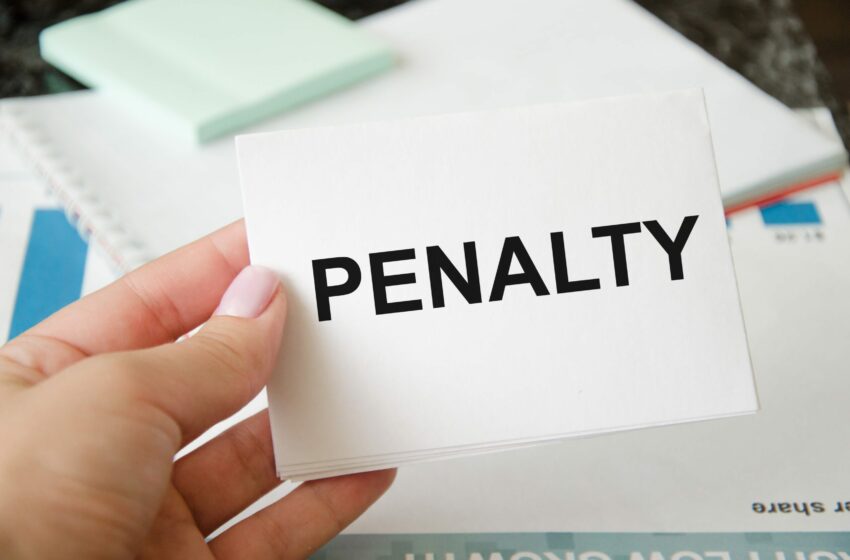Today, the U.S. Food and Drug Administration (FDA) authorized the marketing of 20 ZYN nicotine pouch products through the premarket tobacco product application (PMTA) pathway following an extensive scientific review. This is the first time the agency has authorized products commonly referred to as nicotine pouches, which are small synthetic fiber pouches containing nicotine designed to be placed between a person’s gum and lip.
The FDA determined that the specific products receiving marketing authorization met the public health standard legally required by the 2009 Family Smoking Prevention and Tobacco Control Act. This standard considers the risks and benefits of products to the population as a whole.
“As a public health scientist and former Director of the Office of Science at FDA’s Center for Tobacco Products, I couldn’t be more excited for public health with FDA’s decision today,” Matt Holman, vice president of U.S. Scientific Engagement and Regulatory Strategy at PMI said on X. “Authorizing products that can help the nearly 30 million smokers in the United States switch to a better form of nicotine has the potential to save countless lives.”
Among several key considerations, the agency’s evaluation showed that, due to substantially lower amounts of harmful constituents than cigarettes and most smokeless tobacco products, such as moist snuff and snus, the authorized products pose a lower risk of cancer and other serious health conditions than such products. The applicant also provided evidence from a study showing that a substantial proportion of adults who use cigarette and/or smokeless tobacco products completely switched to the newly authorized nicotine pouch products.
“To receive marketing authorizations, the FDA must have sufficient evidence that the new products offer greater benefits to population health than risks,” said Matthew Farrelly, Ph.D., director of the Office of Science in the FDA’s Center for Tobacco Products. “In this case, the data show that these nicotine pouch products meet that bar by benefiting adults who use cigarettes and/or smokeless tobacco products and completely switch to these products.”
Additionally, the FDA found that the applicant showed these nicotine pouch products have the potential to provide a benefit to adults who smoke cigarettes and/or use other smokeless tobacco products that is sufficient to outweigh the risks of the products, including to youth. As part of its evaluation, the FDA reviewed data regarding youth risk and found that youth use of nicotine pouches remains low despite growing sales in recent years. For example, the 2024 National Youth Tobacco Survey showed that 1.8% of U.S. middle and high school students reported currently using nicotine pouches.
“It’s critical that the manufacturer market these products responsibly to prevent youth use,” said Brian King, Ph.D., M.P.H., director of the FDA’s Center for Tobacco Products. “While current data show that youth use remains low, the FDA is closely monitoring the marketplace and is committed to taking action, as appropriate, to best protect public health.”
While today’s actions permit these specific tobacco products to be legally marketed in the U.S. to adults 21 and older, it does not mean these tobacco products are safe, nor are they “FDA approved.” There is no safe tobacco product; youth should not use tobacco products and adults who do not use tobacco products should not start.
The FDA will closely monitor the marketing and use of these products. To reduce the potential for youth exposure to advertising of these products, the authorizations impose stringent marketing restrictions for digital, television, and radio, including measures to ensure ads are carefully targeted to adults ages 21 and older and the demographics of the audiences reached by the ads are tracked and measured by the manufacturer. The company also stated that they intend to implement additional measures to restrict youth access, reduce youth appeal, and limit youth exposure to their labeling and advertising, such as: not using mass-market advertising on radio and TV; employing actors/models for marketing that are no younger than 35 years old, or styled to appear under 35; and avoiding any content designed to target youth, including characters, images or themes. The agency may suspend or withdraw a marketing granted order issued under the PMTA pathway for a variety of reasons if the agency determines the continued marketing of a product no longer meets the necessary public health standard, such as if there is a notable increase in youth initiation.
The products for which the FDA issued marketing granted orders are the following, each with two nicotine strengths (3 milligrams and 6 milligrams): ZYN Chill, ZYN Cinnamon, ZYN Citrus, ZYN Coffee, ZYN Cool Mint, ZYN Menthol, ZYN Peppermint, ZYN Smooth, ZYN Spearmint and ZYN Wintergreen. Importantly, today’s actions are specific to these products only; the authorizations do not apply to any other nicotine pouch or other ZYN products. Additionally, the authorization does not allow the company to make reduced-risk claims about the authorized products, which would require a modified-risk tobacco product application.
Today’s actions are the latest of many the FDA has taken to ensure all new tobacco products marketed in the U.S. undergo science-based review and have received marketing authorizations by the agency. To date, the FDA has received applications for nearly 27 million products and has made determinations on more than 26 million of those applications. This includes authorization of other flavored oral tobacco products, including nicotine mints and chews in 2021 and mint smokeless tobacco in 2015. To find a list of tobacco products that may be legally marketed and sold in the U.S., visit the FDA’s Searchable Tobacco Products Database.










